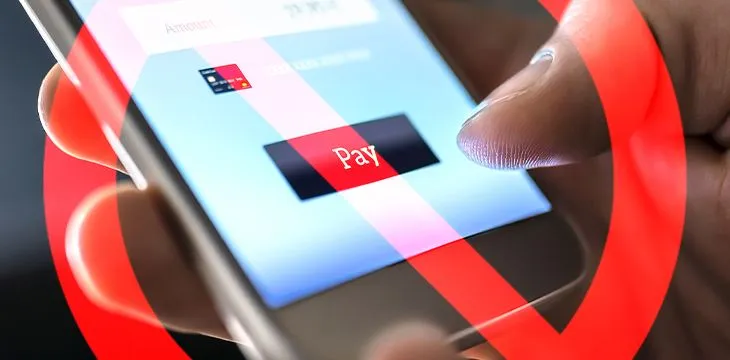|
Getting your Trinity Audio player ready...
|
Zimbabwe’s currency struggles don’t seem to be coming to an end any time soon. In the latest update, the Reserve Bank of Zimbabwe has announced a ban on mobile money transactions. According to the regulator, mobile money operators have been taking advantage of the financial instability to overcharge the users.
Zimbabwe has been undergoing a currency crisis for the better part of the past two decades. The Southern African country has tried a number of solutions, from banning the local currency to using the U.S. dollar and introducing bond notes as a surrogate currency. However, none of them has given the country the monetary stability that the people so desperately need.
In its latest effort, Zimbabwe’s central bank has cut off one of the most widely used payment methods. A majority of Zimbabweans have turned to mobile money for day-to-day transactions due to the shortage of cash in the banks. However, according to the regulator, the mobile money operators have been exploiting the people and overcharging them.
In its press statement, the bank announced that it had suspended all mobile money agents. It also suspended all bulk payer transactions as well as merchant transactions, except for utility payments.
Press Statement on the Suspension of Monetary Transactions on Phone Based Mobile Money Platforms pic.twitter.com/8FlJ4Lfqww
— Reserve Bank of Zimbabwe (@ReserveBankZIM) June 27, 2020
The bank alleges that some of the mobile money operators have abused their positions “to create instability and inefficiencies in the economy.”
Those who hold funds in their mobile money wallets will have to visit a bank to liquidate it.
The rise in the popularity of mobile money has not been welcomed by the regulator. As Quartz reports, mobile money now accounts for 85% of all the transaction volume in Zimbabwe.
The government has blamed this surge in mobile money use for the increasing instability of the Zimbabwean dollar. Since its reintroduction in 2019, the local currency has been shunned by the people, with most of them using it to acquire the U.S. dollar. This has led to a shortage of the U.S. dollar, causing its value to spike with some having to buy it at a premium of up to 50%.
The currency problem in Zimbabwe has made it one of the most ideal places for the adoption of digital currencies. Unlike the local currency or the U.S. dollar, which the government has regulated peculiarly, digital currencies could finally free the Southern African nation and give the power back to the people.
Zimbabweans have been forced to pay huge fees to access the USD and mobile money services. However, a shift to Bitcoin SV would save them from such unnecessary fees and allow them to transact among themselves, eliminating the expensive middlemen.
Zimbabwe has seen a surge in digital currency usage in the past few years. One of its biggest success stories in the digital currency industry was the rise of Golix, one of Africa’s largest digital currency exchanges.
Despite a tough initial stance, the government has also warmed up to digital currencies in recent months. As CoinGeek reported, the Reserve Bank plans on setting up a regulatory sandbox to foster digital currency adoption in the country.

 07-09-2025
07-09-2025 





